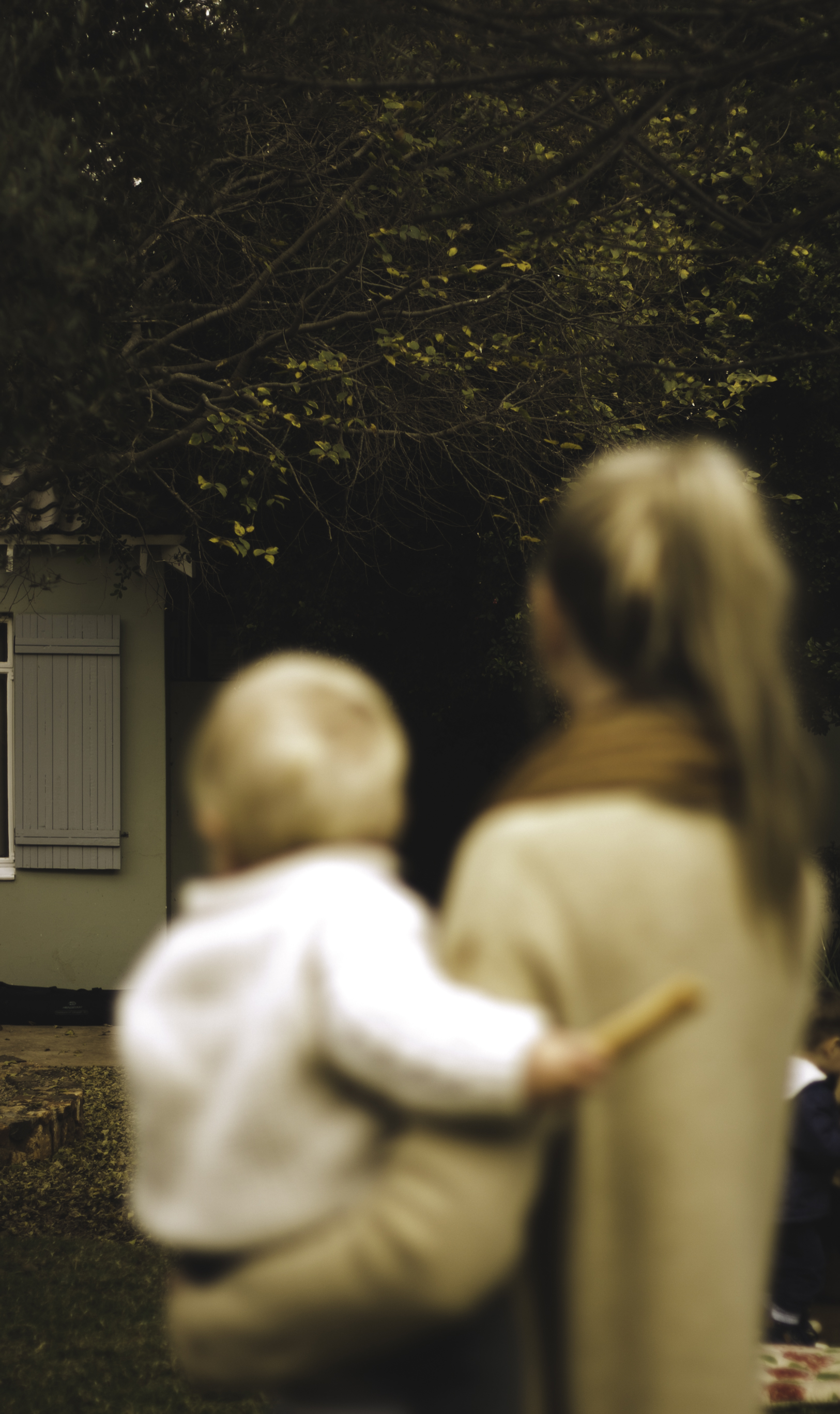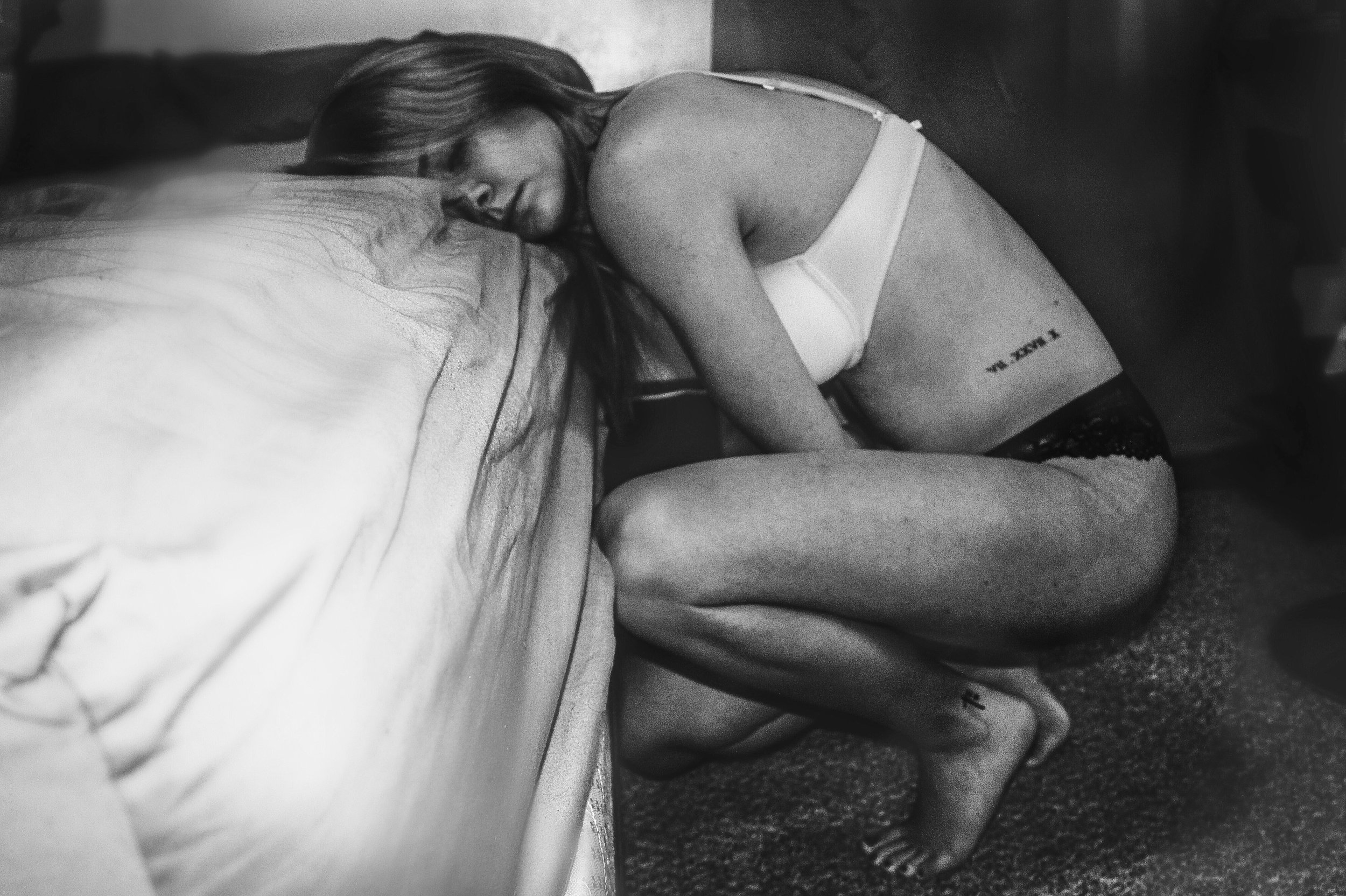Post Partum Depression
Post Partum Depression Counseling in Grand Rapids, MI
“Never underestimate the power of the hormones racing through your veins during or after having a baby. It’s a collision of unknowns”
What is post partum depression or postnatal depression?
Is Post partum Depression (PPD) postnatal depression real?
Yes. This is not just what some people refer to as postpartum blues. It absolutely is real and it is important to reach out for help. There are so many opinions and myths surrounding the art of child bearing. Everyone has an aunt with a story and a grandma with a remedy. There are also many myths and options about post partum depression that make it difficult to identify the condition and know when to seek help. It’s important to know the facts:
“When you study postpartum depression, there is a very clear understanding that in communities where you see more support, there is less depression.
”
Signs of Post Partum Depression.
Post Partum Depression also known as Perinatal Mood Disorders affects mothers of new babies typically during (but not limited to) the first year of babies life. Between 10% and 20% of new mothers experience it.
Having mood swings after childbirth are normal and often go away after a week or two. Clinical depression is not and often does not go away if untreated.
Although the more common name is “Post Partum Depression” we now often refer to it as “Perinatal Mood Disorders”. The reason for this is that the symptoms experienced by moms are often more than just depression. Perinatal Mood Disorder can include postpartum anxiety, postpartum obsessive compulsive disorder, postpartum post traumatic stress, postpartum bipolar, postpartum psychosis. It is also not limited to only postpartum. There are also moms that experience these symptoms during pregnancy. All of which are reasons to seek help.
It is normal to feel tired, stressed, and anxious after having a baby. You are cautious of the things you are doing and if you will raise happy and healthy little humans. Post partum depression is not the same as postpartum blues. About 80% of women experience postpartum blues after childbirth. Baby blues can be identified by strong feelings of tiredness, sadness. These symptoms usually go away on their own after about two weeks.
Post Partum Depression Symptoms.
Are you feeling sad or depressed?
Are you feeling anxious or on edge?
Do you feel more irritable or angry with those around you?
Are you having difficulty bonding with your baby?
Do you feel panicky?
Are you having problems with eating or sleeping?
Are you having upsetting thoughts that you can’t get out of your mind?
Have you felt like you are “going crazy”?
Do you question if you should even be a parent?
Was the pregnancy or birth of your child traumatic and something you think of often?
Are you worried that you might hurt your baby or yourself?
Answering “Yes” to any of the above postpartum symptoms is criteria for a diagnosis of a form of postpartum depression or perinatal mood disorder. We have helped many who have answered “Yes” and we can help you. You are not the first and definitely will not be the last to experience this. Let us help you.
“Perinatal mood disorder is not your aunts “It’s Just the Baby Blues” theory. It’s real, it’s hard but it is treatable. ”
What Causes Postpartum Depression?
You did nothing wrong and it’s not your fault. With the right support and care you can work towards a full recovery and normal life ahead. Every woman no matter age, race, or culture is susceptible to a post partum depression or perinatal mood disorder. Do not feel like you need to continue to hide your struggles and suffer alone. You are not alone.
If someone has suffered from depression, anxiety, or mood disorders prior to pregnancy they could be more susceptible to a perinatal mood disorder.
If you experienced trauma during pregnancy, birth or postpartum this could also make you more susceptible to a perinatal mood disorder.
Postpartum Depression Treatment.
What do I do to get Postpartum depression help? It’s important to reach out to your doctor as this form of mood disorder is related to pregnancy. Having your doctor monitor your physical health is important. Often times your doctor will suggest finding a therapist to provide you with one on one consistent Post partum depression treatment.
How does therapy help me with my postpartum depression symptoms?
Your therapist is a trained professional who will listen and support you in a non judgmental space. They work with you to reframe some of your post partum thoughts that do not seem rationale. You will work to develop a new set of coping skills to practice outside of the post partum therapy. Having a space to vent, debrief, and discuss life can be a part of the healing process. Additional levels of support could be group therapy or support groups. Knowing you are not alone during this time can be a comfort.
We care for those experiencing signs of postpartum depression. We are licensed, experienced and trained to support you. In addition to our clinical training and licensure many or our clinicians are certified in Perinatal Mood Disorders through Postpartum Support International. We continually educate ourselves on Postpartum depression treatment plans and collaborate closely with many OBGYN’s in the Grand Rapids and West Michigan area. All to provide you with the best postpartum depression treatment available in our community
Begin Post Partum Counseling in Grand
Rapids
You do not have to fight alone with feelings sadness, depression and the emotional roller coaster after giving birth. Portal Point Counseling can help you with the symptoms that can arise during the pregnancy, perinatal or postpartum period of motherhood. We help mothers just like you who are struggling with a loss of independence, sense of identity, relationship changes or body image feel well again. If you live in the Grand Rapids, MI area, treatment is available. Our Therapists are women’s post partum health experts who help women flourish at our Wyoming, MI Counseling Center. Please contact us today and start to experience renewed joy in this exciting time of your life!
Other counseling services at Portal Point Counseling.
In addition to Post Partum Depression counseling, we offer other counseling services including counseling for anxiety, marriage and couples issues, grief counseling, adjustment, expressive arts therapy and family counseling. Contact us today to get started.
“Life is tough, my darling, but so are you. ”





